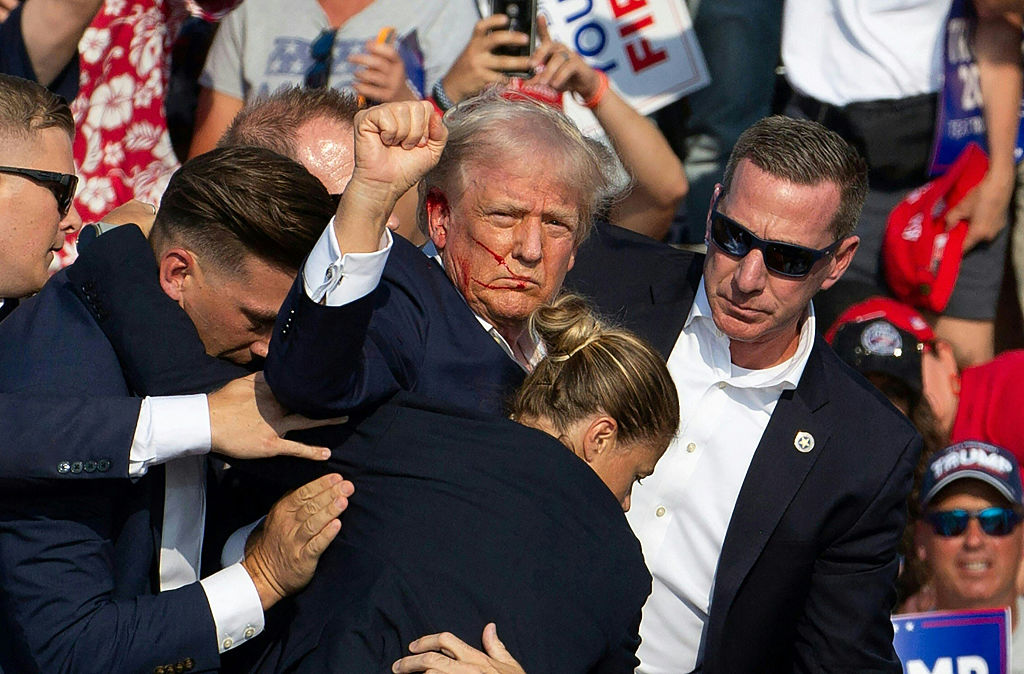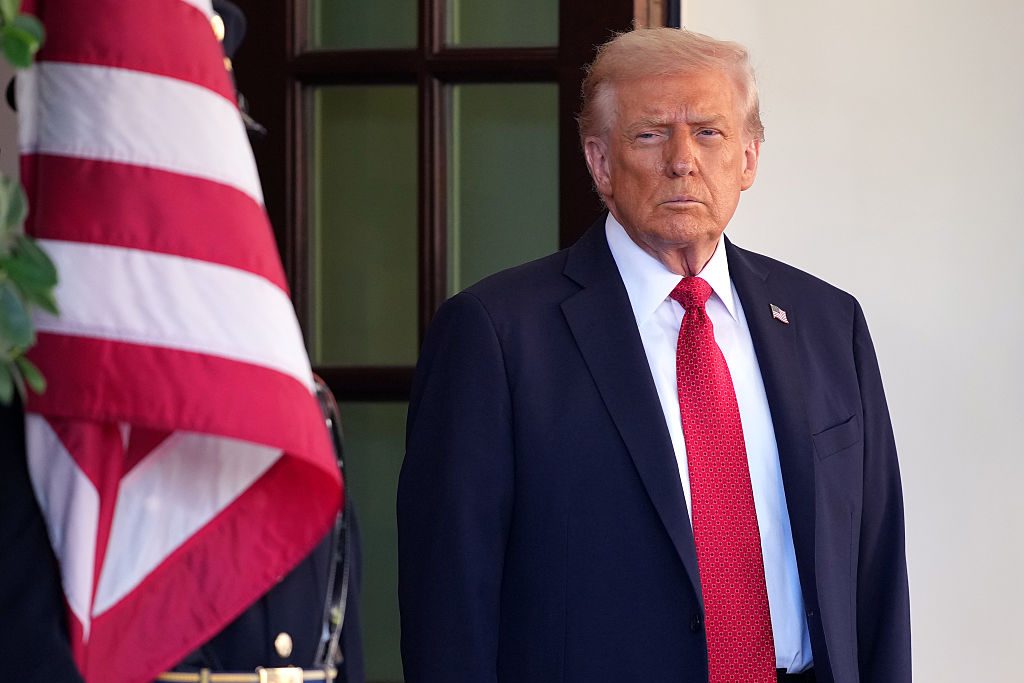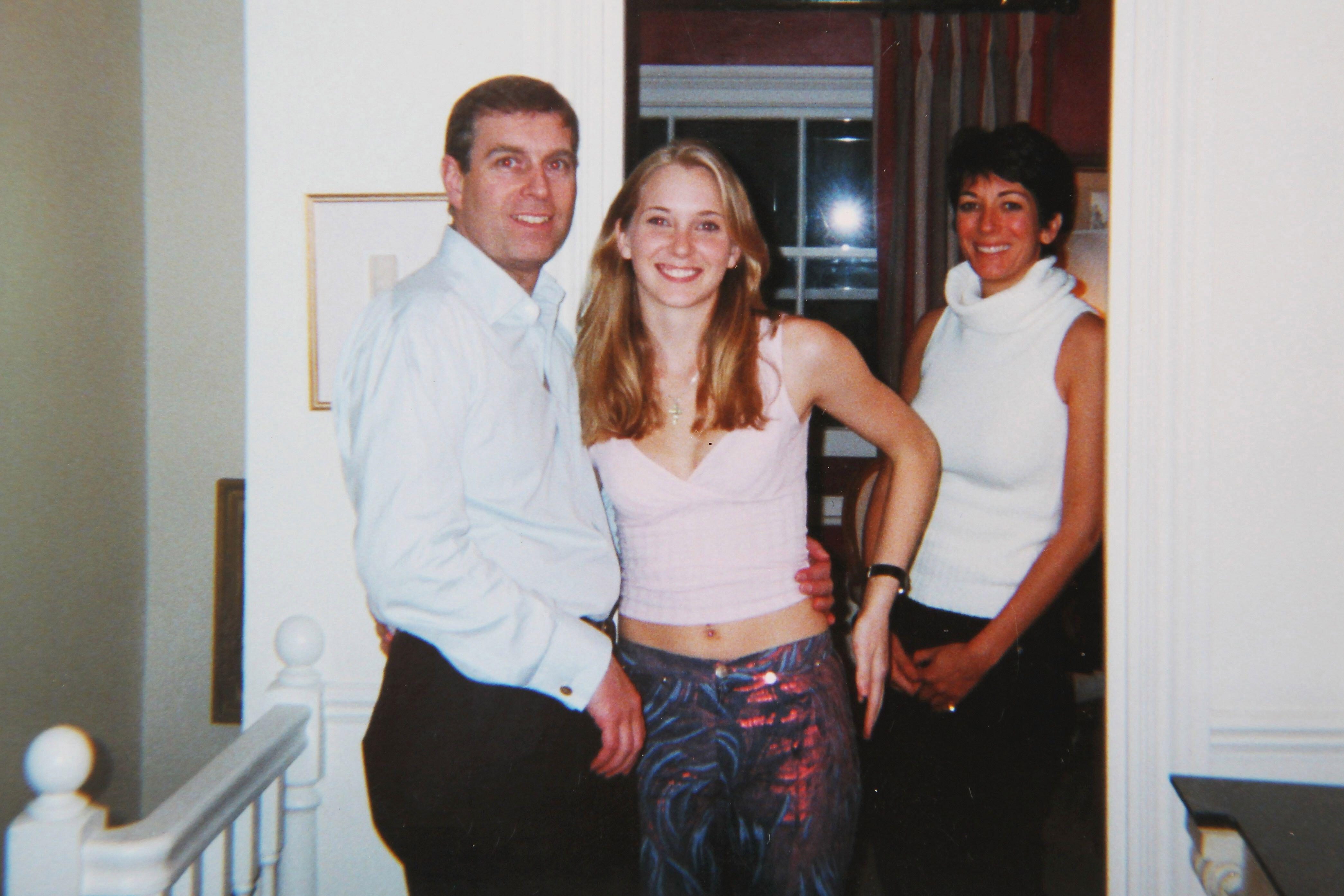I write thrillers for a living. All kinds of thrillers. At one point I was in the business of penning Dan Brown-style romps, where ruggedly handsome academics find themselves embroiled in a global chase for the Holy Grail. Then came a stint in domestic noir – sad, isolated women on Scottish isles. Then I had a brief mid-career burst of erotic chillers. Now I’m moving on to folk-horror meets psych-thriller.
This might sound ludicrous. It is quite often ludicrous. But it’s also fun: the books translate well and the location research can be a blast. There is a downside, though: plotting. Building a plot is fiendishly hard. You have to steer a fine line between entertainment and believability. The Holy Grail in the jungle can’t just show up – it needs some explanation. (Conquistadors took it there!) You also have to ensure no loose ends go untied. You can’t have a lurid if amusing subplot about coke-dealing Crusader knights that pops up and then disappears without a trace.
Which brings me to the real world. Increasingly, I find myself looking at geopolitics through the shrewd-ish eyes of a thriller writer. Lately, those eyes are wide with disbelief. There are too many loose ends. Too many vanishing subplots. The 2020s, frankly, have all the narrative coherence of a Netflix drama written by a Russian chatbot on meth.
The moment this feeling crystallized was during the bizarre series of arson attacks on British Prime Minister Keir Starmer. I suspect this story has barely made it across the Atlantic, so let me summarize. Within a few days in May, three things connected to Starmer were set on fire: a car he once owned, his former home, and the house he now rents to his sister-in-law, which were all located in different bits of north London.
Weirder still, the suspects all turned out to be young, handsome men from Eastern Europe – Ukraine and Romania. At least two of them were aspiring fashion models. It therefore appears that the Prime Minister of Great Britain was targeted by the world’s first radicalized splinter group of male models, possibly enraged by a ban on “Blue Steel” and operating in a peculiar time warp. And then? The story vanished. Nothing more has been heard of them. In Britain, this isn’t uncommon. We have many legal restrictions which can put a mighty choke on awkward news stories, at least for a while. But the absurdity lingers. And the bizarre nature of the 2020s doesn’t stop at extras from Zoolander attacking the properties of British Prime Ministers.
The 2020s have all the narrative cohesion of a Netflix drama written by a Russian chatbot on meth
First, there was Covid. Yes, pandemics happen. Indeed, one was long-predicted. But almost as soon as Covid emerged, the entire scientific and political establishment swung into gear to persuade us that this pathogenized novel bat coronavirus came from a market that doesn’t sell bats rather than from the world’s only laboratory expressly making pathogenized novel bat coronaviruses, which is nearby. I couldn’t get away with such a brazen, overt coincidence in a satirical poem, let alone a thriller. Yet most people believed the official version for ages. Saying otherwise could have gotten you thrown off Facebook for a year.
And what’s worse is, now that the consensus is shifting toward “Yeah, it probably came from the lab,” the people who once tried to get us banned for suggesting that calmly say, “Oh well, if it did, so what. Yes, the virus research was funded by Anthony Fauci, but only seven million died. Let’s move on, you’re obsessing.” What?
Then there are the assassination attempts on Donald Trump. Last year in Pennsylvania, a rooftop shooter took an hour to get into position – somehow completely unnoticed. The assassin had almost no social media presence. He apparently believed he might evade capture. The President survived only because he turned his head a second before the bullet nicked his ear. And now this great, bizarre, frightening event has essentially been memory-holed. Filed away deep in the national subconscious, like the Ark of the Covenant in Indiana Jones: Raiders of the Lost Ark.
As a thriller writer, this is a classic example of an unexpected plot thread that pops up without warning and is hastily buried without explanation – the sort of thing you’d get in Season 5 of a drama that has run out of ideas (while the writers are drinking Jack Daniel’s). They hope you won’t notice the gaping plot hole if they move swiftly on to something even more ridiculous.
Another such example is the mental state of Joe Biden. For years, critics joked about his gaffes. But now it turns out he may have been cognitively impaired for much of his presidency. The official explanation at the time? He has a stammer and, er, enjoys falling down stairs. Now it’s all “oops, sorry, we simply didn’t notice.”
And it’s not just politics where narrative sharks are being jumped with abandon. What about that whole UFO thing? For a while, it looked like senior figures at NASA, the New York Times, the CIA and the Pentagon were preparing us for confirmation of extraterrestrial contact. Then: nothing. Or at best, “drones.” And finally, of course, there’s AI. Some of the most respected minds in artificial intelligence are, right now, calmly telling us that actual human extinction might arrive within five years. And nearly everyone just yawns and scrolls – or turns fearfully away.
Where does this leave us? I’m not sure. As any thriller writer knows, crafting a satisfying ending is almost as difficult as building a coherent plot. Maybe we’ll discover the world is a simulation. Maybe we’ll learn that the internet and social media have turned our minds to mulch, generating deranged stories and simultaneously making us more susceptible to them. This is a dynamic that might be exploited by our enemies. And I really do wonder about this. It would be a good plot twist.
Until then, I’ve decided to treat the 2020s like a film that’s so bad it’s good. The script is deliciously absurd. The dialogue is gloriously poor. The effects are outrageously over the top. All we can do is sit back, park our brains – and enjoy.
This article was originally published in The Spectator’s August 2025 World edition.


























Leave a Reply